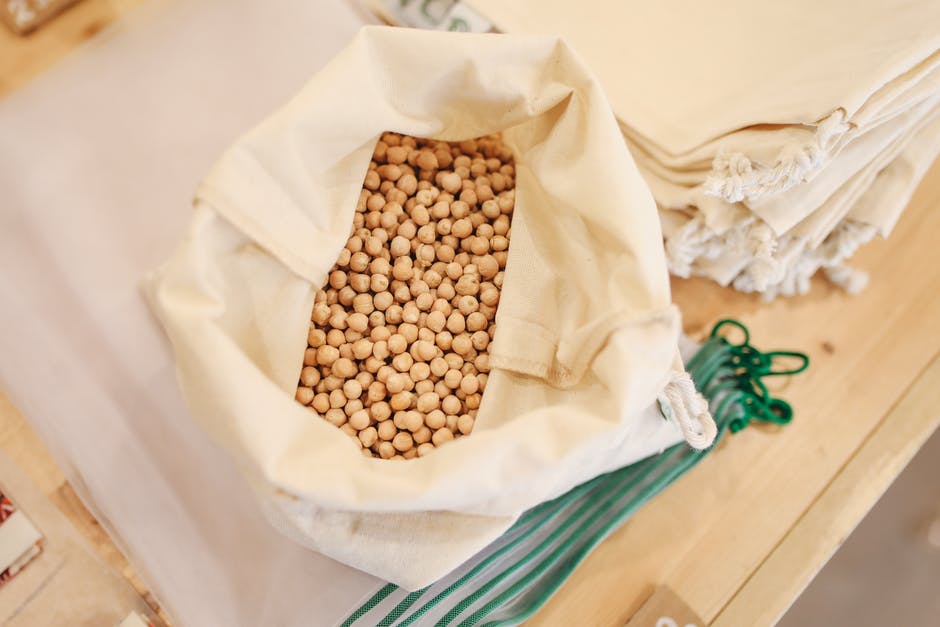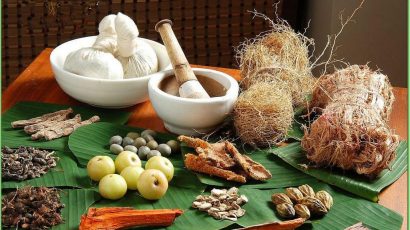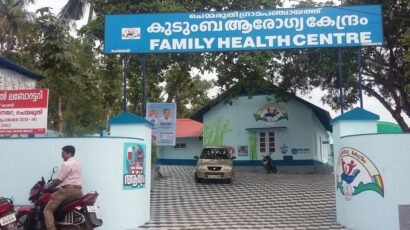Soybean as an edible food has many health benefits

The soybean or soya bean (Glycine max) is a plant of legumes, native of East Asia, widely grown for its edible beans, which has numerous uses. Traditional unfermented food uses of soybeans include soy milk, from which tofu and tofu skin are made. World Health Organization recommends of having 25 g soy protein per day for better health.
Soybean is an ideal kitchen farm crop and can be easily cultivated in a limited space.
Farming method:
1. It is better to be planted before Monsoon in 5 inches deep off a sand combined mud. If it is seedlings which are being planted then the distance between them should be 20 cm.
2. It is important to deposit 2 kg of bio fertilizer underneath the mud and on the upper part , a mix of bio fertilizer should be poured down in two weeks in alternate days.
Water the plant till the raining season begins and once rain starts, assemble the mud under the seedlings.
3. Soybean seedlings will start flowering and producing fruits after 4 months of planting and unripe fruits can be used for cooking and soymilk can be made from dry fruits.

Health benefits:
1. There are many health benefits which are attributed to soymilk including lowering cholesterol.
It is required 125 gram highly dried soyseeds to produce 1 Litre soymilk.
Health benefits of Soybean:
Soy has links to more healthful cholesterol levels, which can help lower the risk of heart disease.
2. In 2015, researchers found that consumption of soy significantly reduced levels of total cholesterol, triglycerides, and low density lipoprotein (LDL) cholesterol in the arteries and they also found that soy intake significantly increased high density lipoprotein cholesterol.
In one study in 2019, authors reported that soy isoflavone supplementation is potential of managing obesity.
3. A 2019 review of studies indicates that the isoflavones in soy can help reduce the risk of hormone associated cancers, including prostate cancer and some breast cancers.
4. The same study found that soy isoflavones may also reduce the risk of diabetes, though the mechanism through which they may achieve this is still unknown.
Soy isoflavones can also be used in the treatment of osteoporosis. This is a condition that affects bone growth and leads to easy fractures.
At the same time, there are some risks inherent in using Soybean.
Medical News Today reports that there is some concern that soy intake may interfere with thyroid function and it also warns that genetically modified foods could potentially lead to illnesses that are resistant to antibiotics.
5. According to to a report in 2014, farmers used 94% of soybean farmland in the US to grow genetically engineered soybeans.
Whereas WHO also states that “GM foods currently available in the international market have passed safety assessments and are not likely to present risks for human health.” However, more research needs to take place on the real health impact of genetically modified crops.
So it is advisable to cultivate soybean in a kitchen farm which is devoid of the risks attributed to GM foods.















